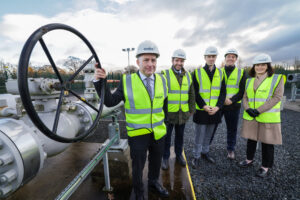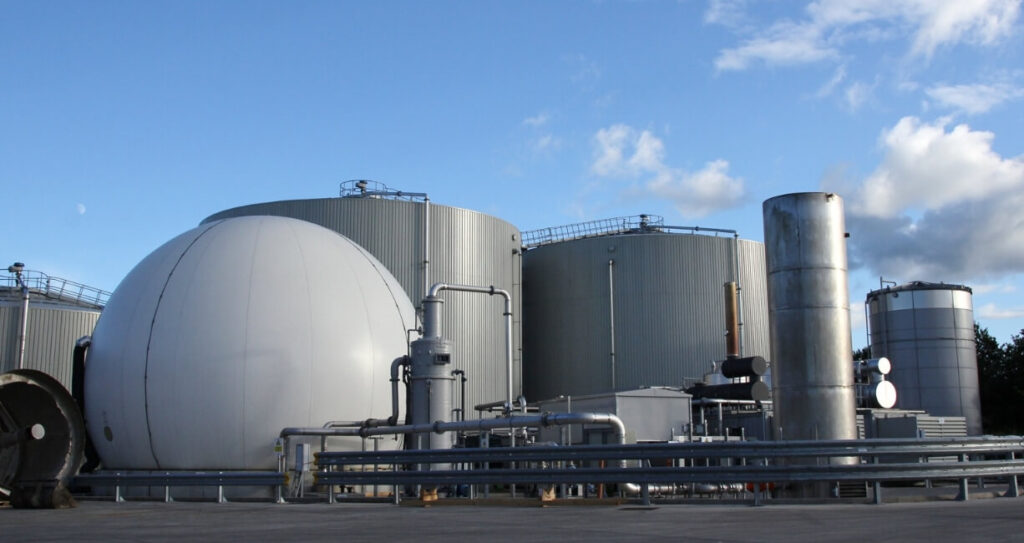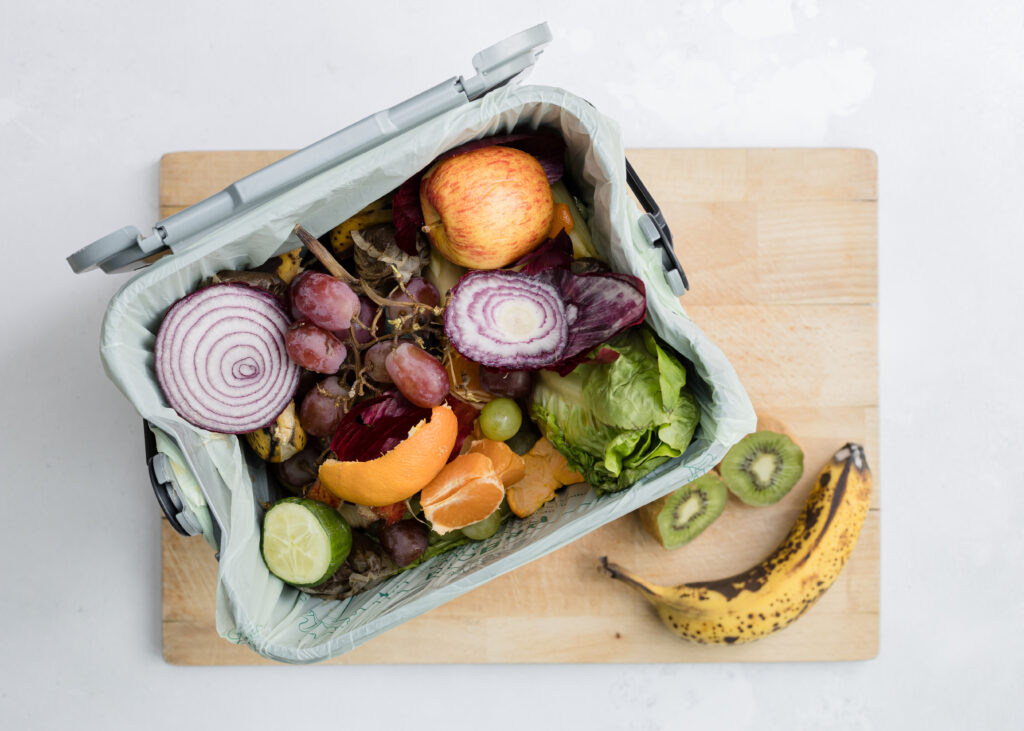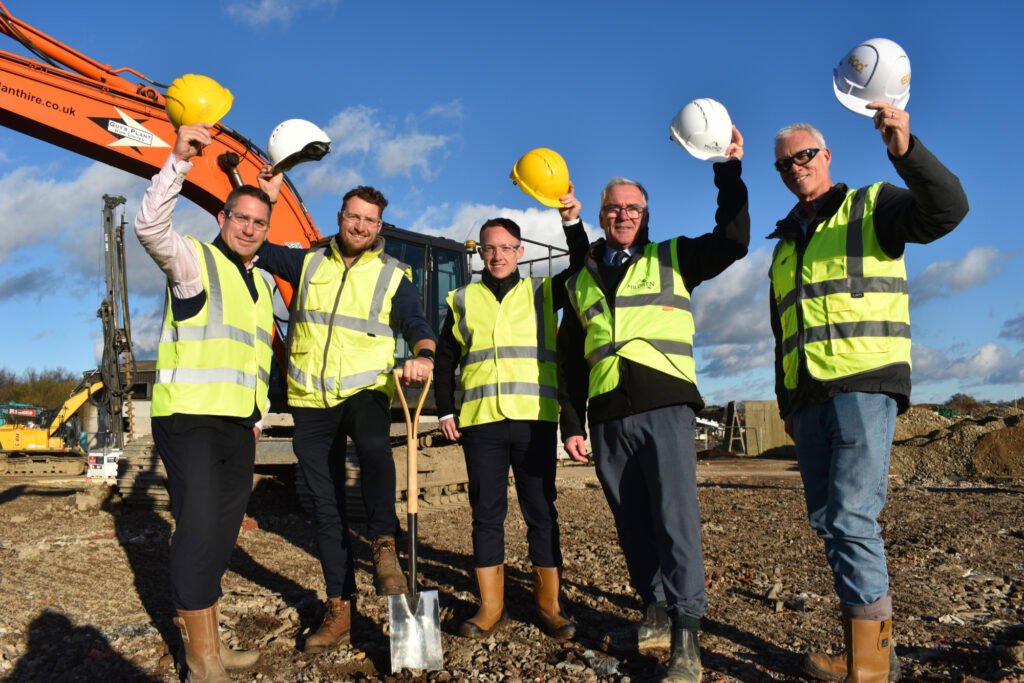The 90,000 tonnes per year capacity facility processes food waste from a string of local councils, as well as the hospitality sector and food and drink processors.
Previously, gas produced was used to generate electricity on site, fuelling gas powered HGVs and transporting biomethane to customers for heat and power by road in pressurised containers.
However, in what Bio Capital said was a first for Northern Ireland, this is now being used in the local gas network.
The gas injection went live on Thursday (16 November), and because biomethane is similar to natural gas, it is able to be blended into the network without the need for any changes in transmission and distribution infrastructure or end-user equipment, Bio Capital said.
The company added that Bio Capital has the capability to export enough gas to decarbonise Dungannon’s entire annual gas consumption. Dungannon has a population of around 65,000 people.
The anaerobic digestion process also produces a nutrient rich Biofertiliser which is used to fertilise local farmland and in turn reduces farmers’ reliance on artificial fertiliser.
‘Major step’
Bio Capital’s chief technical officer, Dr David McKee, said: “This is the first major step in increasing the amount of power, heat and transport that can be fuelled by renewable gas. Bio Capital has a wealth of experience in this area and a number of its other UK facilities are already injecting biomethane into the gas network, but this is a first for Northern Ireland – where we begin our journey towards a sustainable drive for indigenous renewable gas.
“Granville has been generating renewable gas since 2014. Up until now we have been using the gas to generate electricity on site, fuelling gas powered HGVs and transporting biomethane to customers for heat and power by road in pressurised containers. Having this gas to grid connection now offers us a further route to market.
“Replacing imported fossil fuels with a renewable low carbon alternative will go a significant way towards helping Northern Ireland exceed its targets set within the Energy Strategy and Climate Change Act. Diverting biodegradable waste from landfill to generate biomethane is also in line with the draft Circular Economy Strategy and the Department of Agriculture, Environment and Rural Affairs ambition to ban biodegradable goods going to landfill by 2030.”
‘Monumental’

David Butler, director at Evolve, said: “This is a monumental day for both the region and Evolve as a business. As we move forward, we emphasise the critical importance of strategic collaboration across all facets of the energy industry. A just transition demands cooperation, partnership, and coordinated efforts from government bodies, businesses, researchers, customers and communities.
“By uniting our collective expertise and resources, we can navigate the complex challenges ahead, ensuring that no one is left behind in the pursuit of a sustainable and equitable future. This is not a token connection; it is just the start of a journey to fully decarbonise our entire network by 2030.”










Subscribe for free